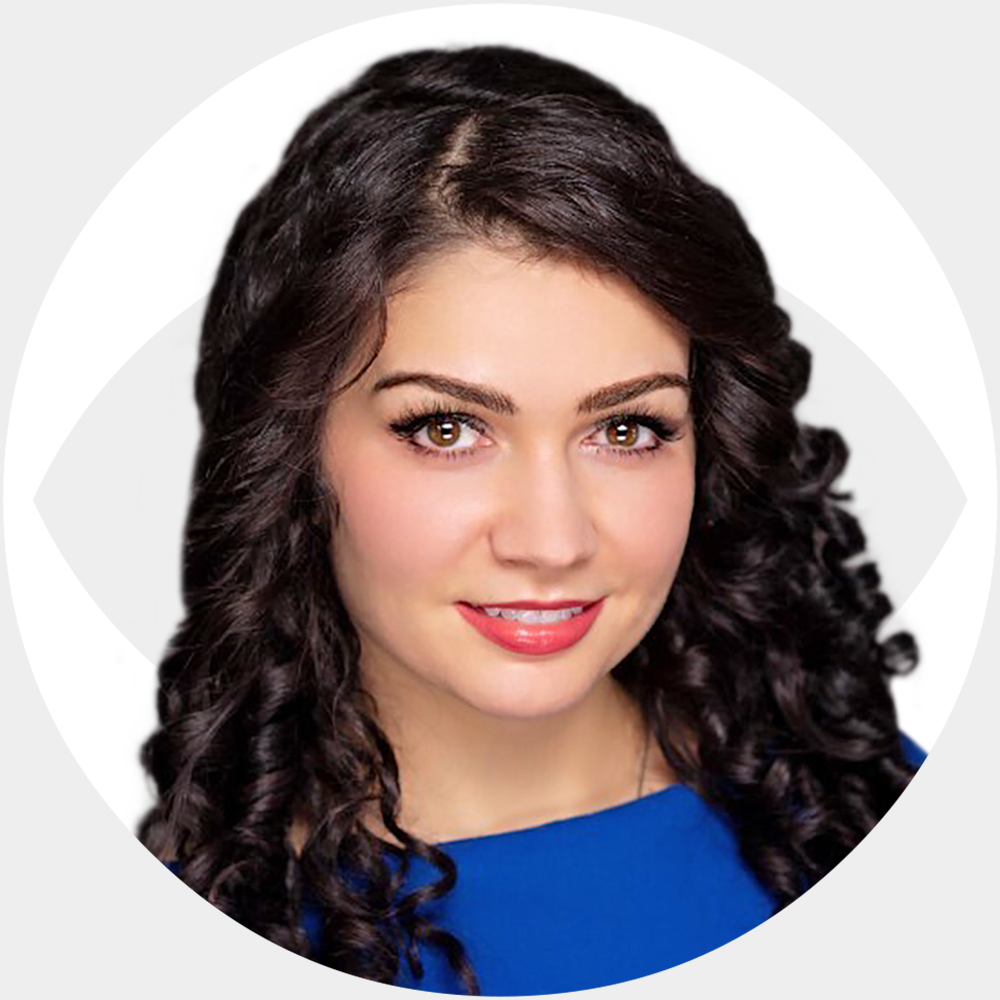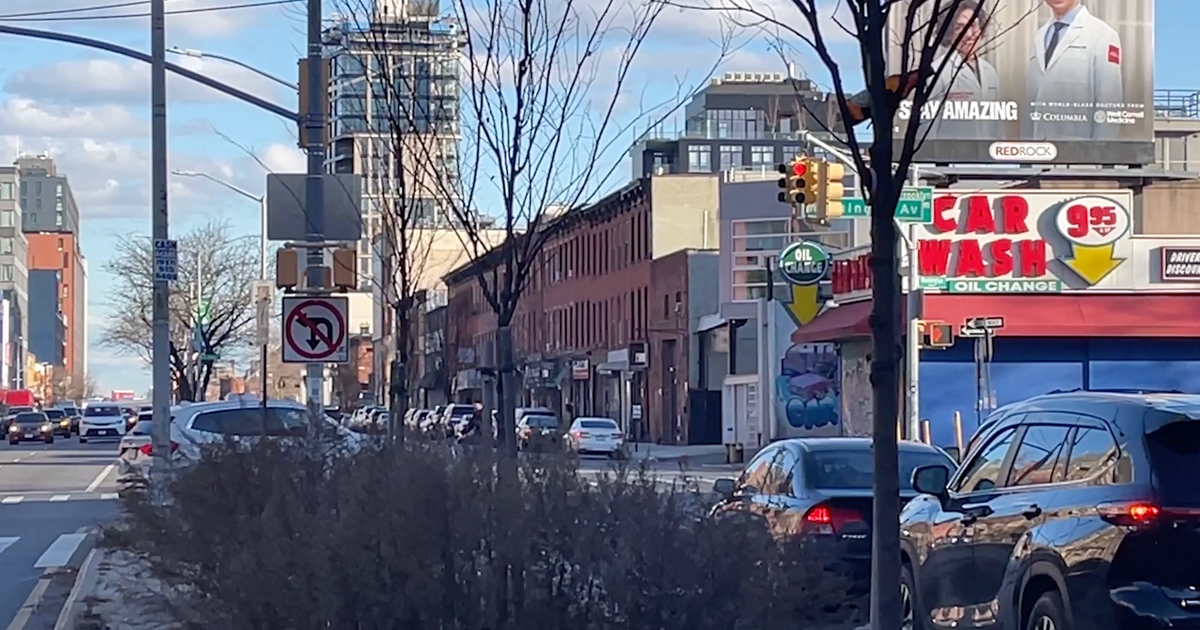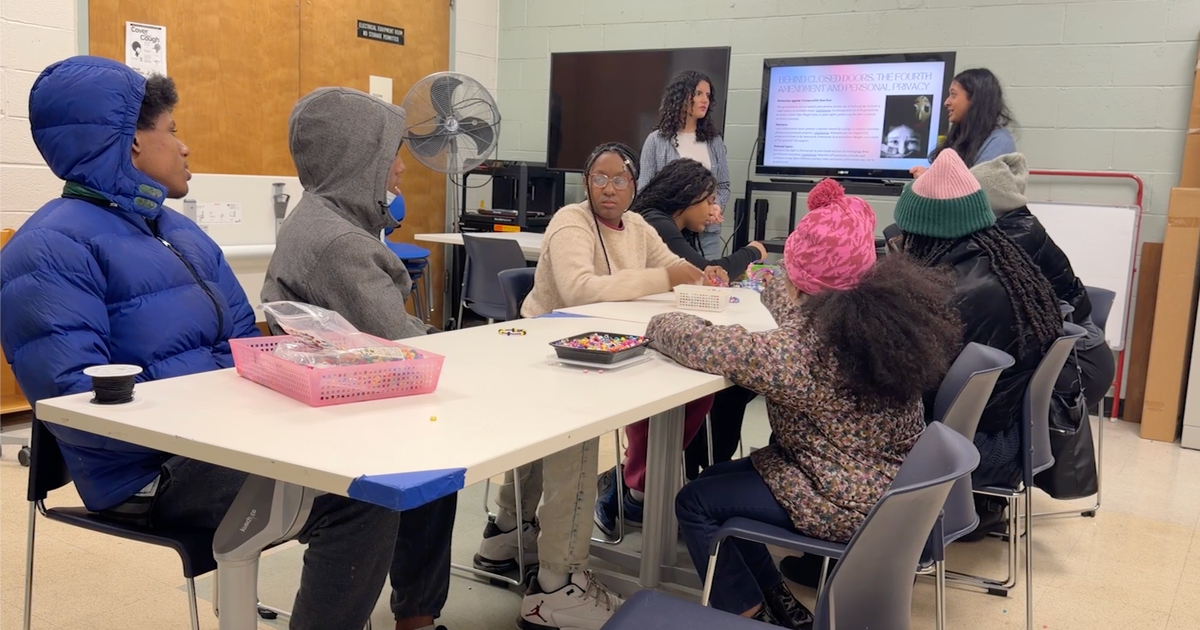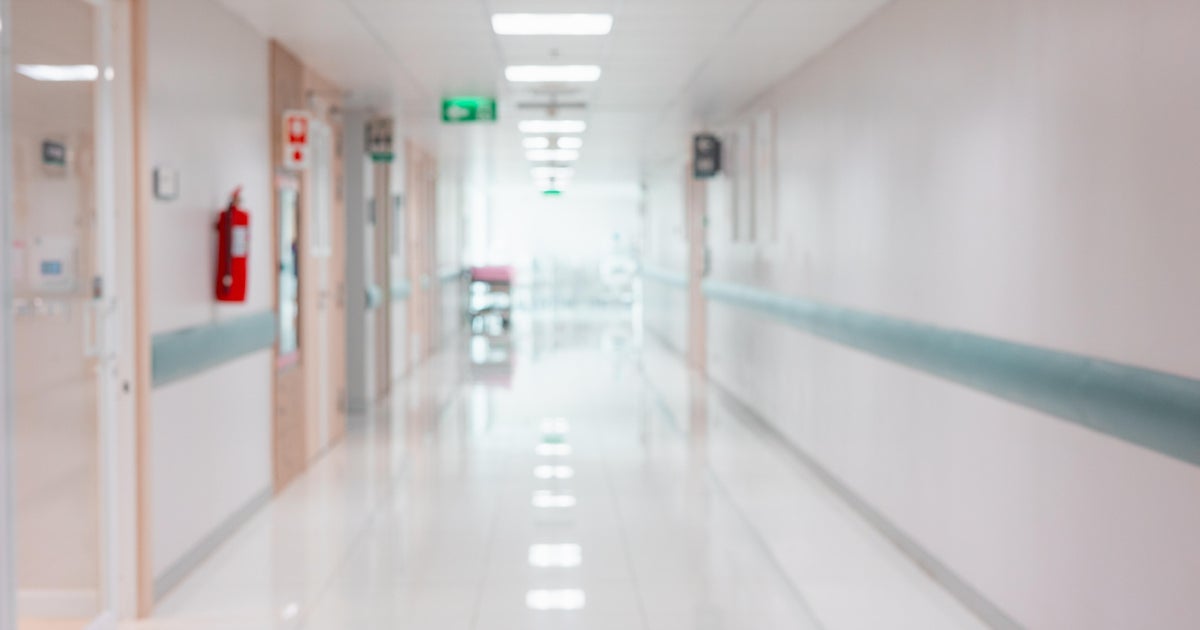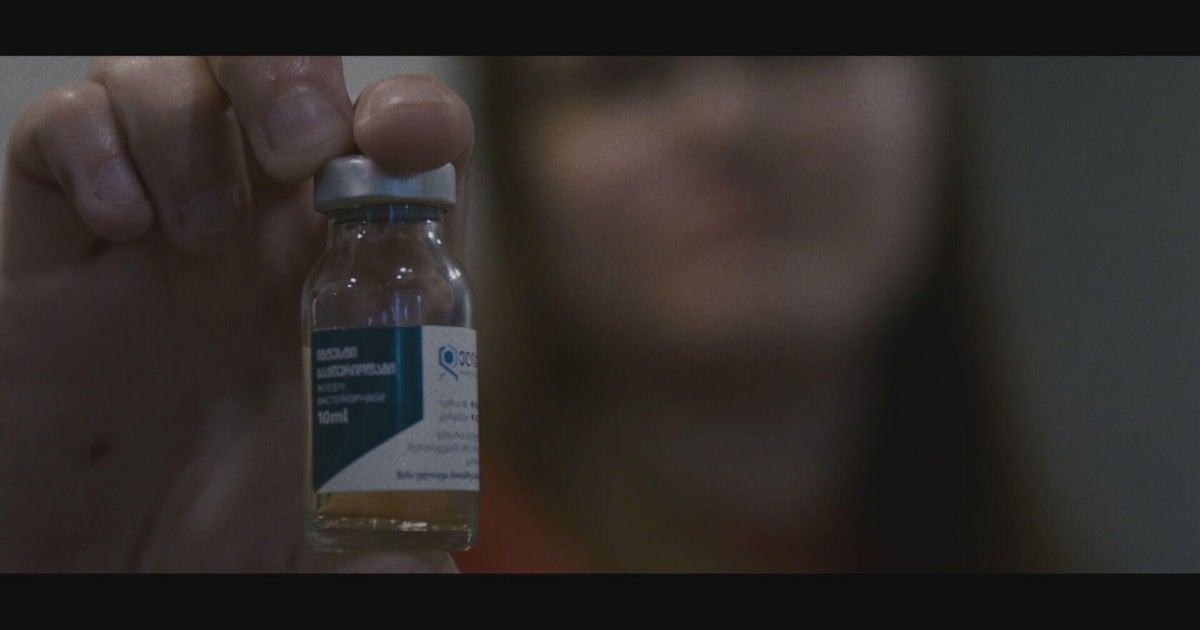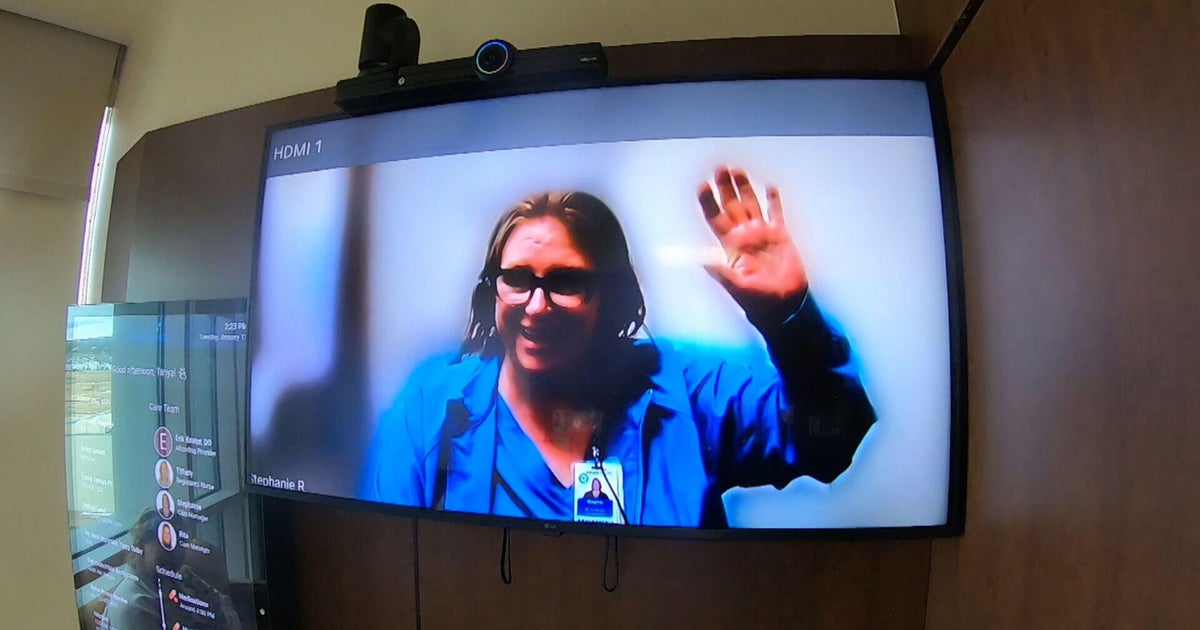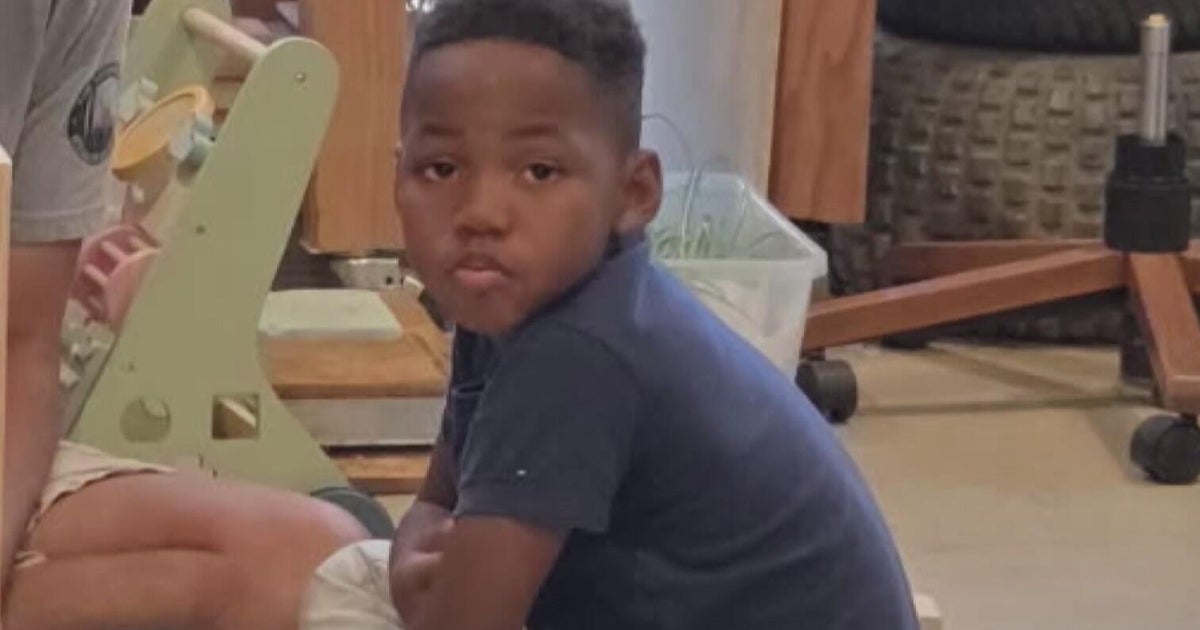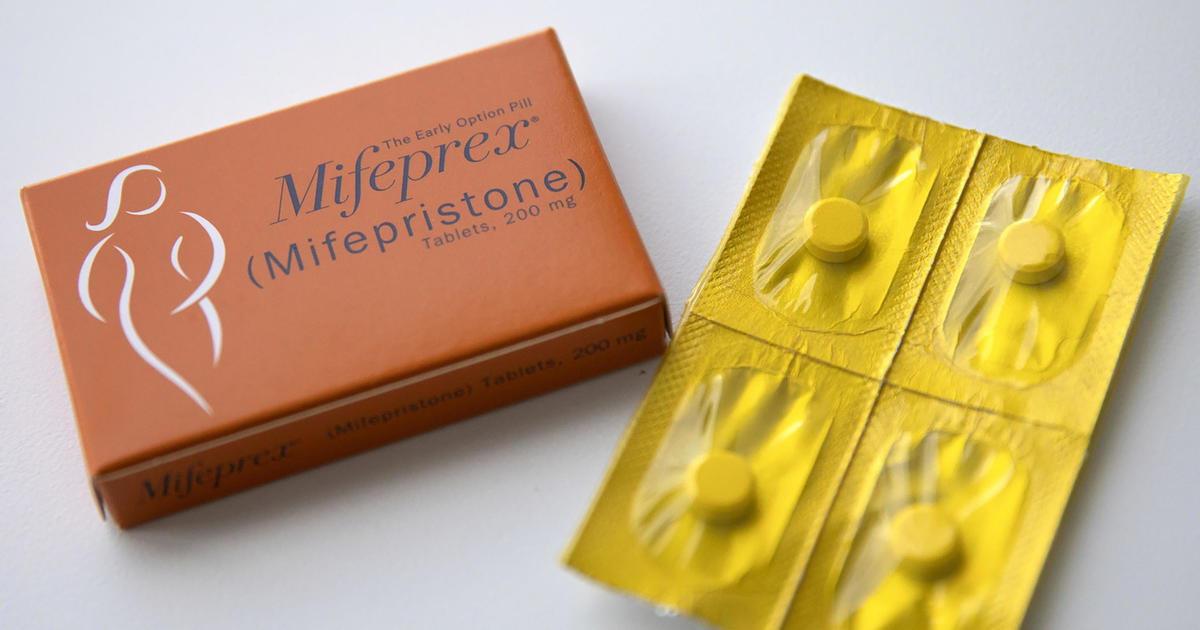How a Brooklyn hospital network is addressing disparities in the outer boroughs
NEW YORK — At the largest hospital network in Brooklyn, doctors are working to address health care disparities for patients facing advanced heart failure in the outer boroughs.
Maimonides Medical Center has the only Left Ventricular Assist Device, or L.V.A.D., program in Brooklyn. An L.V.A.D. is a device that can be implanted in the chest to provide cardiac support for patients diagnosed with advanced heart failure.
"When patients are diagnosed with advanced heart failure, it means they have sometimes less than a year or two to live. So it's a scary diagnosis for anyone to be given. What the L.V.A.D. does is allows people to have a longer lifespan, a better quality of life than they've been living with advanced heart failure," surgeon Dr. Paul Saunders said.
Maimonides also treats patients from other boroughs that don't have their own center, including people from Queens and Staten Island.
"Not every hospital can provide all that therapy. It requires a lot of infrastructure, requires a large team to perform the surgeries and take care of patients in the settings they need," Saunders said.
"At least you know you're not alone"
In addition, the hospital hosts a support group for L.V.A.D. patients to share their struggles and successes.
Inside a conference room at Maimonides Medical Center, a room full of people listen to a trumpet player perform a saucy solo. As they take turns to speak, they each express their gratitude for being alive.
Harry Robinson, the trumpet player, had L.V.A.D. surgery in 2022.
"I was weak walking, couldn't even play one note, but I knew that I would play again. It's just a matter of getting acclimated back to the vibration of the mouthpiece on to the lips. And I knew it was going to come," he told CBS News New York's Hannah Kliger.
"They taught me here that I could live. And I did ... Eight months after I got this done, I went to Great Adventure and I went and got on all the roller coaster rides," said Robert Clayton, who has been DJing for nearly 50 years. With a smile on his face, he plays music for patients who had gone through the same thing he has at the support group.
Earl Jeffers is the newest in the group, having undergone the surgery in June.
"At least you know you're not alone. You know, sometimes I used to be thinking I must be the only person on this thing," he said with a smile.
Maimonides says nearly half of its patients are immigrants, and nearly 80% rely on Medicare or Medicaid. Programs like these help connect underserved communities with difficult-to-access treatments.
"We've seen these patients at their absolute sickest. So it's nice to see them actually flourishing in the communities," Saunders said.
Have a story idea or tip in Brooklyn? Email Hannah by CLICKING HERE.
